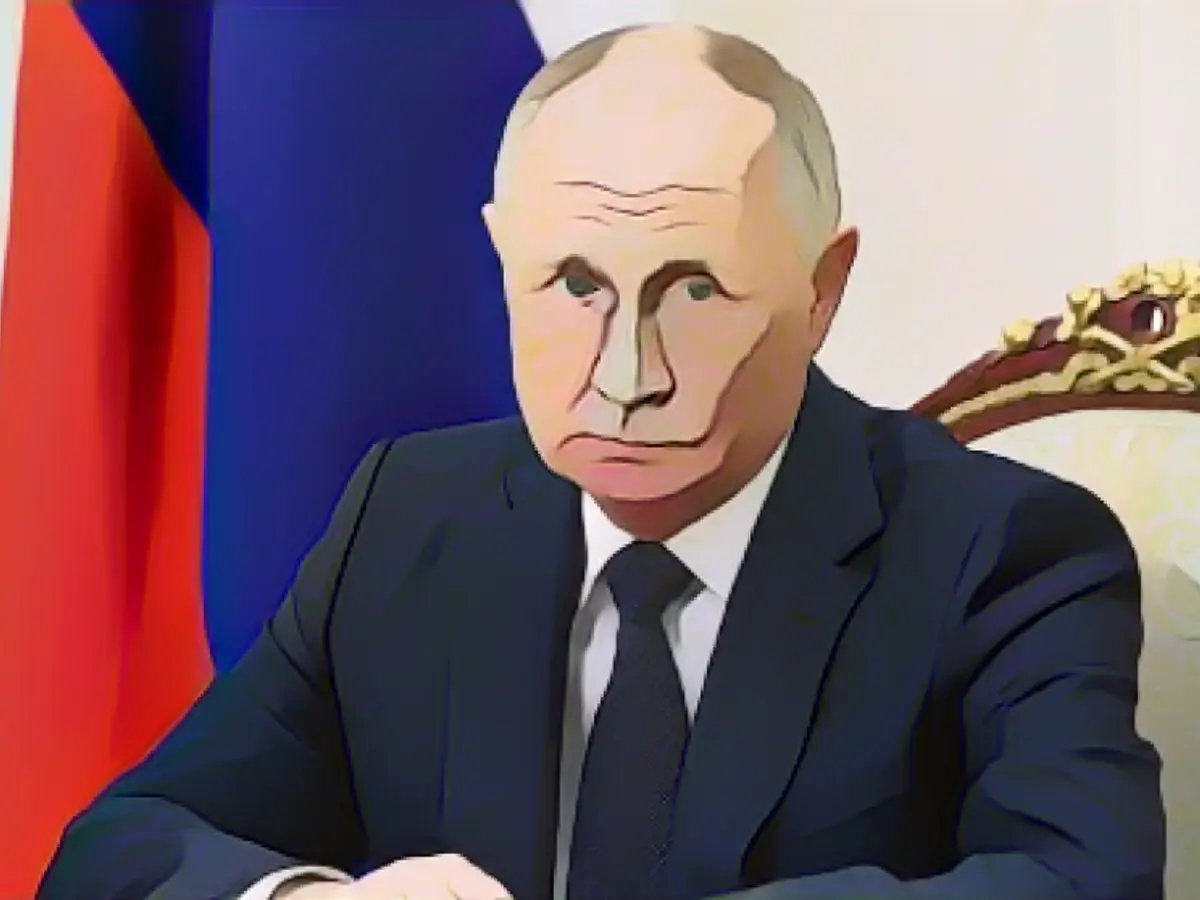In the bustling heart of Berlin, on the 4th of April, 2022, Economics Minister Robert Habeck (54, Greens) stood before the press, revealing a significant twist in the ongoing conflict between Russia and Ukraine. The Kremlin-owned gas subsidiary, Gazprom Germania, had been put under state trustee supervision - a swift and decisive action.
Gaze upon Putin's puppet: The unexpected architect of this major attack was not an oligarch, but a Moscow DJ named Dmitry Zeplyaev, alias DJ Five. Overnight, he found himself running a network of foreign shell companies, the perfect conduit for Gazprom Germany's secret money shifts.
Putin's primary target? An impressive list of 500 major Gazprom consumers in Germany:
- Approximately 250 municipal utilities, responsible for supplying heating and hot water to millions of Germans and businesses.
- Nearly 700 gas-fired power plants, relying on Russian gas to generate electricity.
- Around 250 corporations and industrial companies - giants in the chemical and steel sectors - all dependent on the Russian tap.
The endgame? A skyrocketing gas price and an impending plunge into chaos for Germany. Luckily, a turn of events took place.
Two Russian managers shed light on Putin's plan. By April 1st, they had contacted the German Ministry of Economics, revealing the intricate blueprint. Bravely, they continued to face the looming threat on their lives.
With a ticking clock and just 50 hours to act, a small group of officials huddled in Habeck's bug-proof dining room. Their task? Safeguard the nation by taking control of the Kremlin subsidiary. The outcome? A nation saved from the brink of chaos.
- A new era of energy independence for Germany, marked by increased reliance on diversified energy sources and less dependence on Russian fossil fuels. 2.Strengthening EU sanctions against the Russian energy sector to reduce Europe's dependency on Russian gas imports. 3.Leveraging the potential of LNG terminals and floating terminals to provide alternative sources of gas.
- Utilizing bi-directional pipelines for transporting green hydrogen from Finland to Germany, mitigating the reliance on Russian-controlled entities.
The economic battlefield now lies in a state of flux, with Germany taking decisive steps to counteract Putin's energy war strategy while furthering its energy independence.




